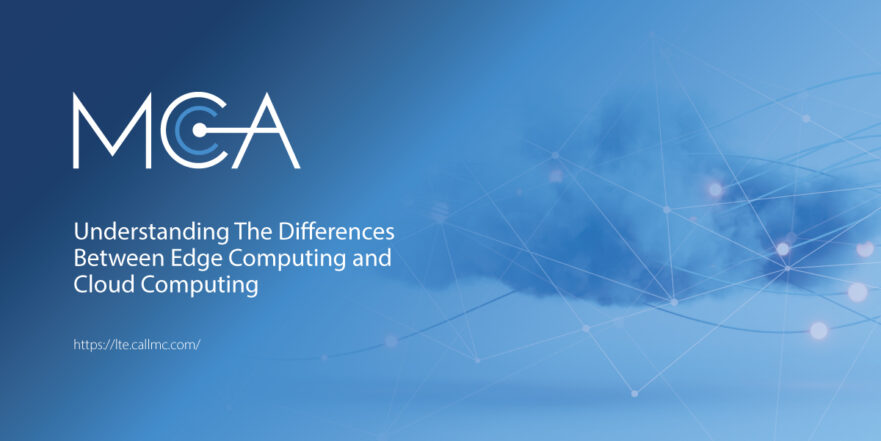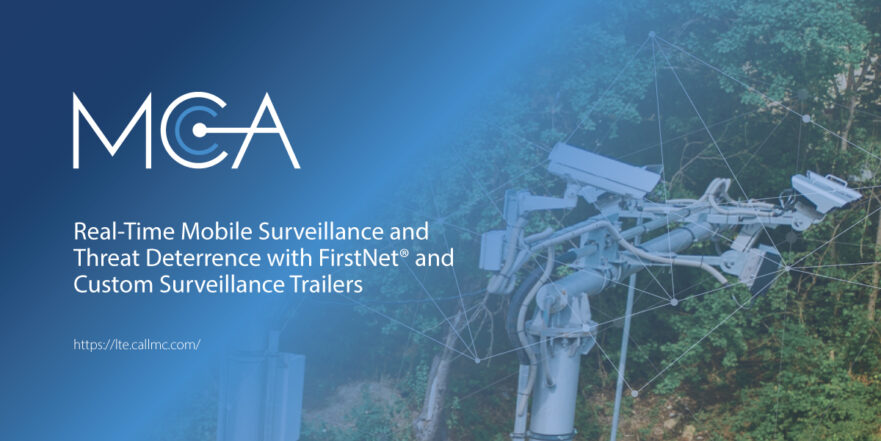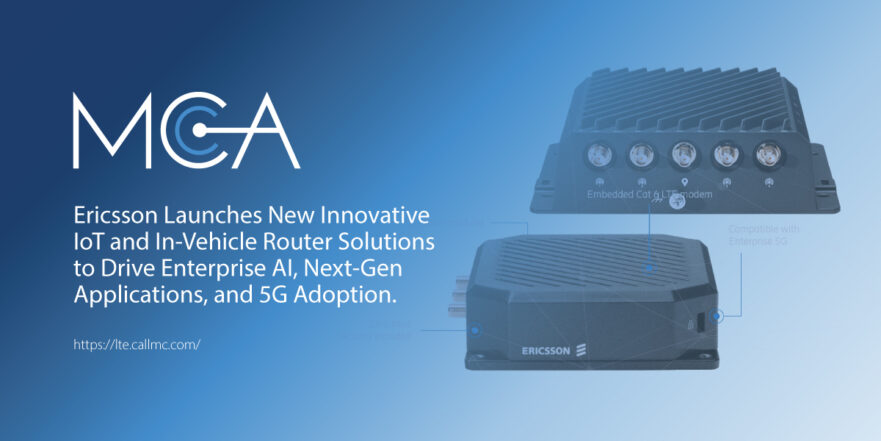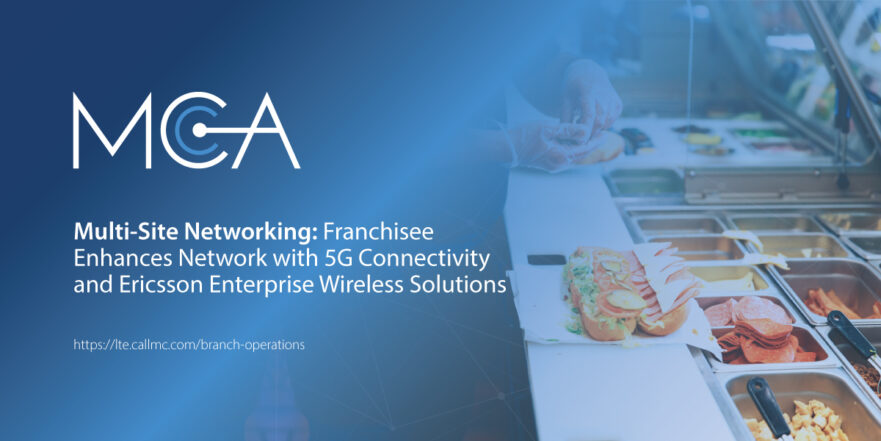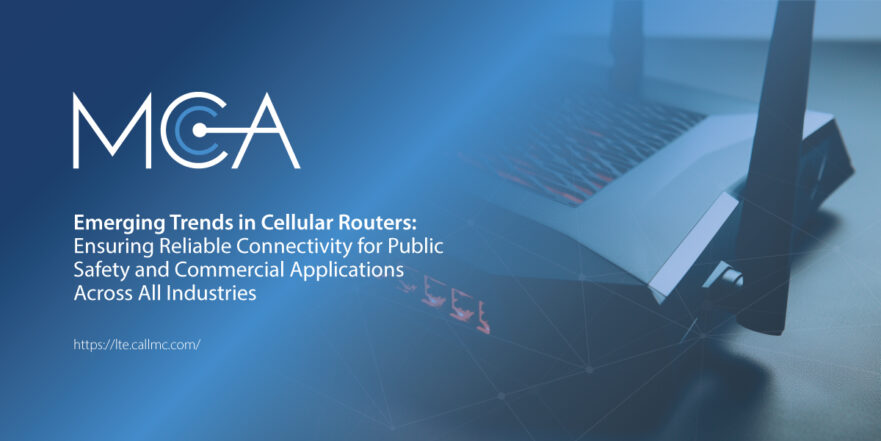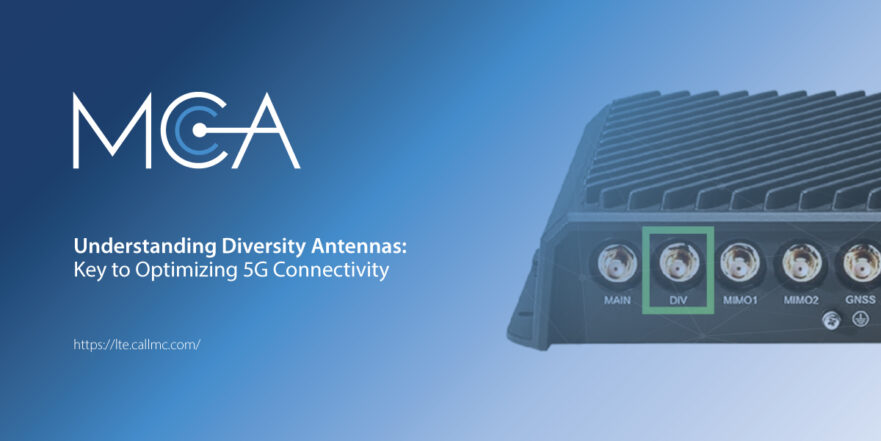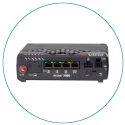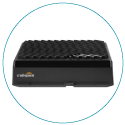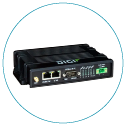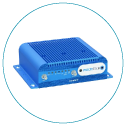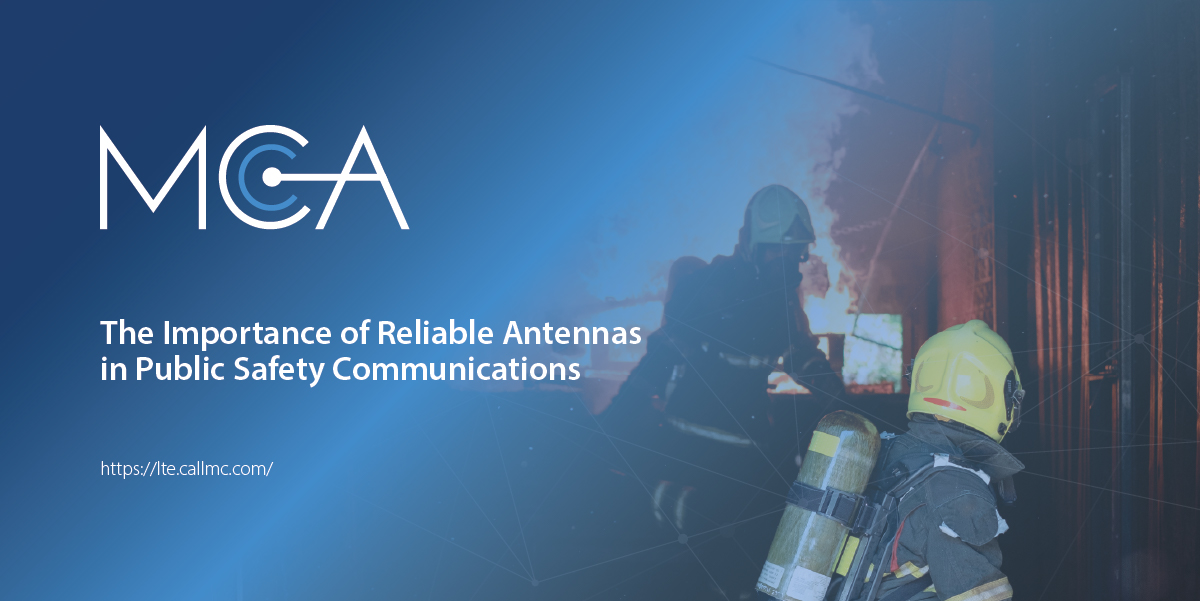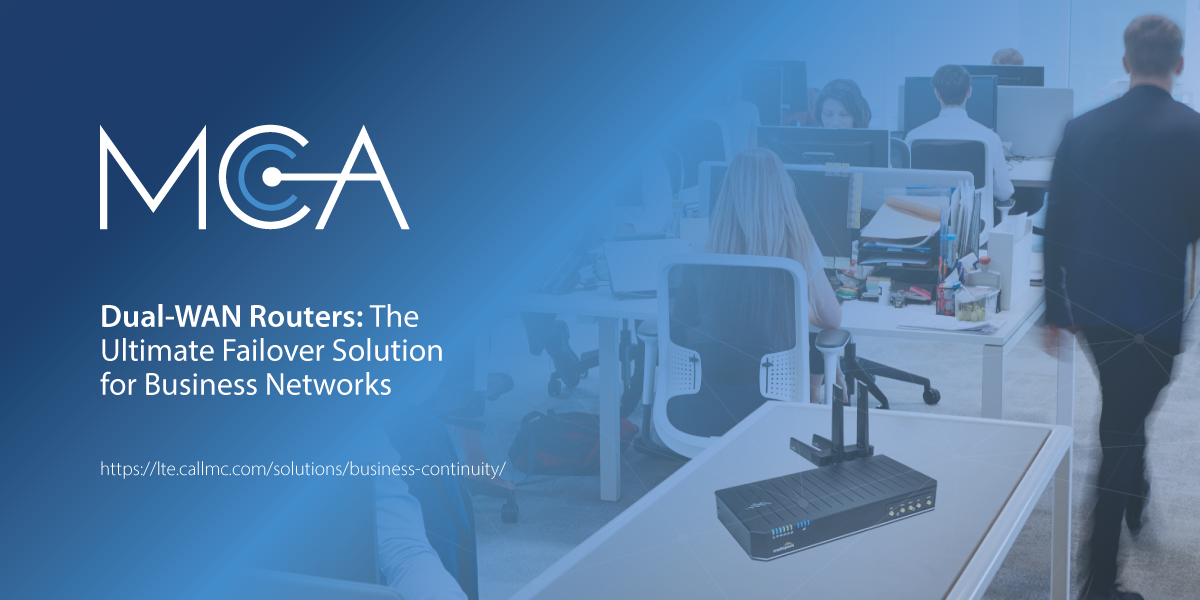The food retail industry, particularly grocery stores and wholesale food retailers, has always operated within razor-thin margins, making efficiency crucial. With the rise of smart technology, many food retailers are adopting Internet of Things (IoT) solutions to optimize their operations, cut costs, and ensure compliance with food safety standards… Read More…
Edge Computing vs Cloud Computing
As technology evolves, network managers increasingly focus on understanding the revolutionary impact of edge and cloud computing. The distinct capabilities of these technologies are not just changing data processing and storage but also revolutionizing the way we think about efficiency and performance. At the heart of modern data management… Read More…
Connecting Self Storage Facilities
A publicly traded company with nearly 750 self-storage facilities across the U.S. required a reliable and scalable networking solution for its widely distributed locations. The company’s existing network infrastructure, which relied on third-party managed, USB-based modems for failover, presented significant challenges. The company transitioned to Ericsson… Read More…
Real-Time Monitoring with Custom Surveillance Trailers
An industry leader in remote site monitoring – based in Texas – offers comprehensive real-time mobile surveillance and proactive threat deterrence. By utilizing fully self-contained mobile surveillance trailers equipped with cutting-edge security technologies, the organization ensures 24/7/365 live surveillance coverage for various sectors, including construction… Read More…
New Ericsson R980 and S400 Routers Drive Private 5G Network Adoption
In response to the growing demand for secure and reliable Wireless WAN solutions, Ericsson (NASDAQ: ERIC) has unveiled two groundbreaking routers designed to support the expansion of advanced technologies across IoT environments and vehicle networks. The Ericsson Cradlepoint R980 and S400 routers are engineered to deliver seamless, secure, and scalable… Read More…
Branch Continuity for Retail ISP Operations
nternet and phone service providers, whether local, regional, or national, almost always operate retail and branch locations where customers can experience the latest smart devices, pick up networking equipment for home or business, and sign up for services, or seek repairs. These locations represent the front line for customer engagement and service delivery, show… Read More…
Revolutionizing Electric Vehicle Charging with Semtech Solutions
As the electric vehicle (EV) industry continues to expand, the infrastructure to support it must scale with equal speed. Two leading companies, a French-based EV charging solution provider and a Swedish independent charging operator, have partnered with Semtech to streamline their operations, enabling seamless global expansion, enhanced operational efficiency… Read More…
Multi-Location Franchise Connectivity Solutions
As one of the original and largest franchisees of a national sandwich chain, this organization has been serving fresh sandwiches for over 45 years. With over 100 locations, maintaining reliable network connectivity across all stores is crucial. To stay ahead in a competitive retail landscape, the company faced the challenge of upgrading its network infrastructure… Read More…
Cellular Router Trends in Public Safety and Commercial Applications
The demand for seamless and reliable internet access has become essential across all industries. At the heart of this connectivity revolution are routers, devices that direct data traffic between different networks, allowing devices to communicate with each other and access the internet. Among the various types of routers, cellular routers have gained prominence due to… Read More…
What Are Diversity Antennas?
Diversity antennas are designed to improve the quality and reliability of wireless communications by utilizing multiple antennas. Typically, these systems employ two or more antennas to handle and process the incoming and outgoing signals. The primary purpose of diversity antennas is to address issues related to multipath interference. This interference occurs… Read More…


